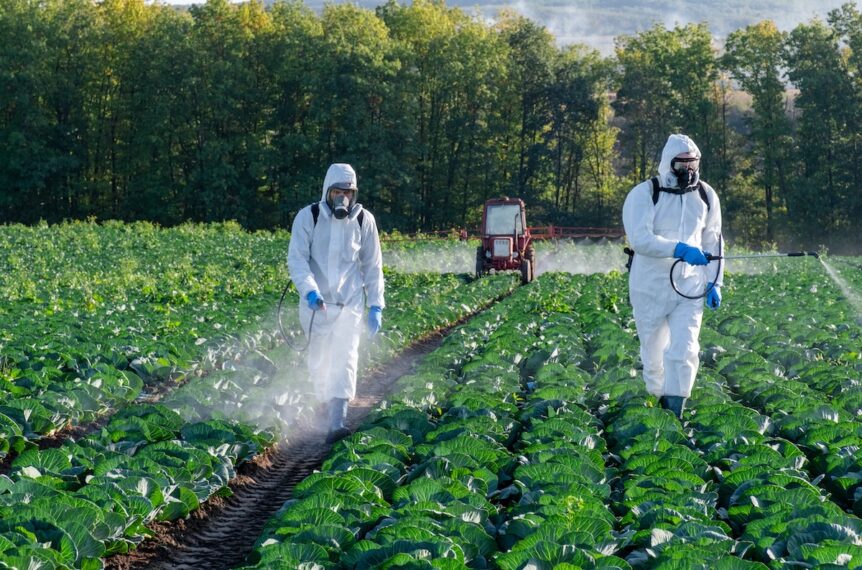Let’s cut through the hysteria: every piece of produce you’ve ever eaten is genetically modified, one way or another. So why the panic over foods not labeled as ‘non-GMO’?
1. Understanding Genetic Modification
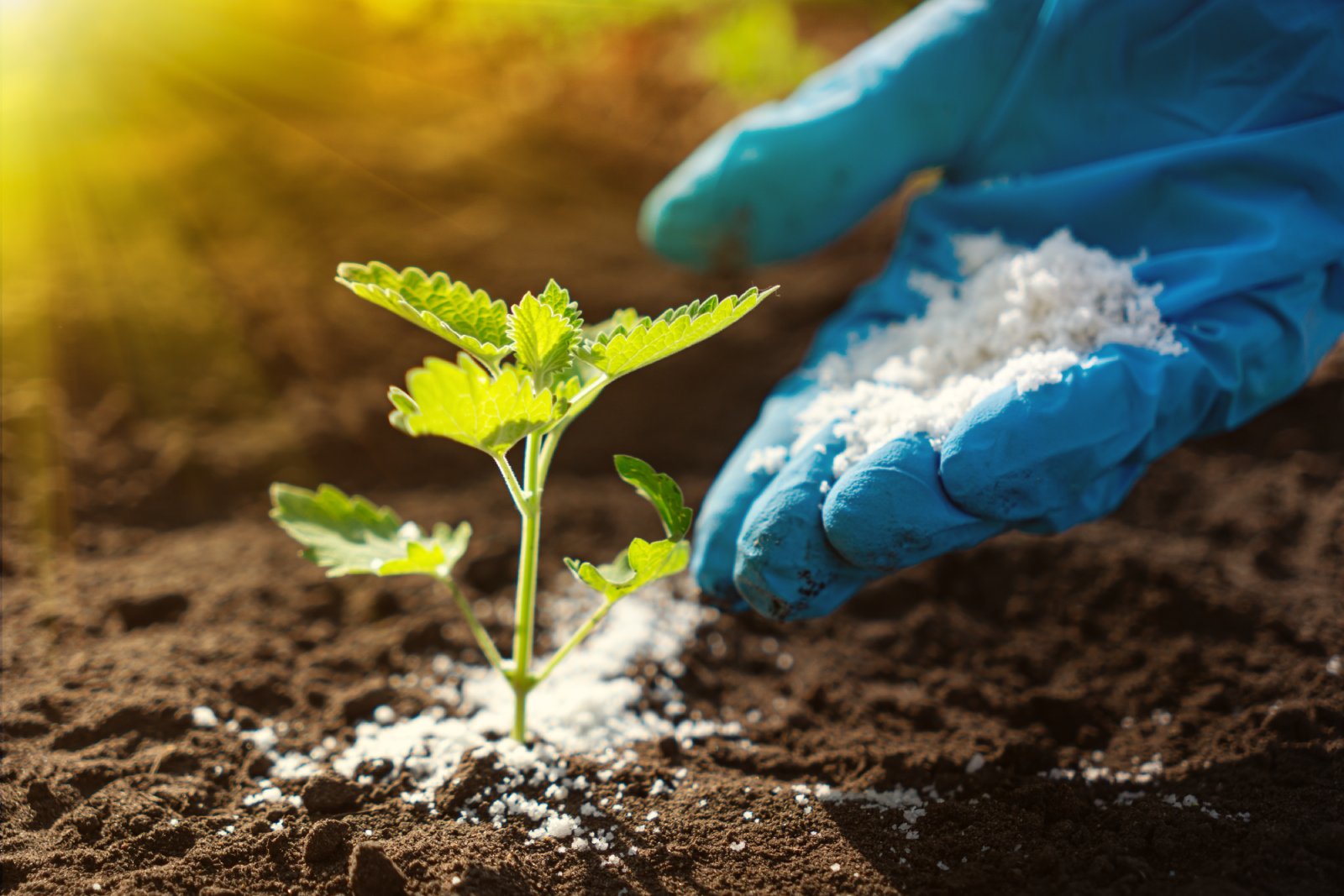
Image Credit: Shutterstock / Melnikov Dmitriy
Genetic modification isn’t just about what happens in a lab; it’s been a part of agriculture for thousands of years through selective breeding. Crops like corn and wheat have been modified from their ancient counterparts into the forms we eat today. The fear of GMOs often overlooks the fact that virtually all foods have undergone genetic changes induced by human hand.
2. The Myth of the ‘Natural’ Heirloom Varieties
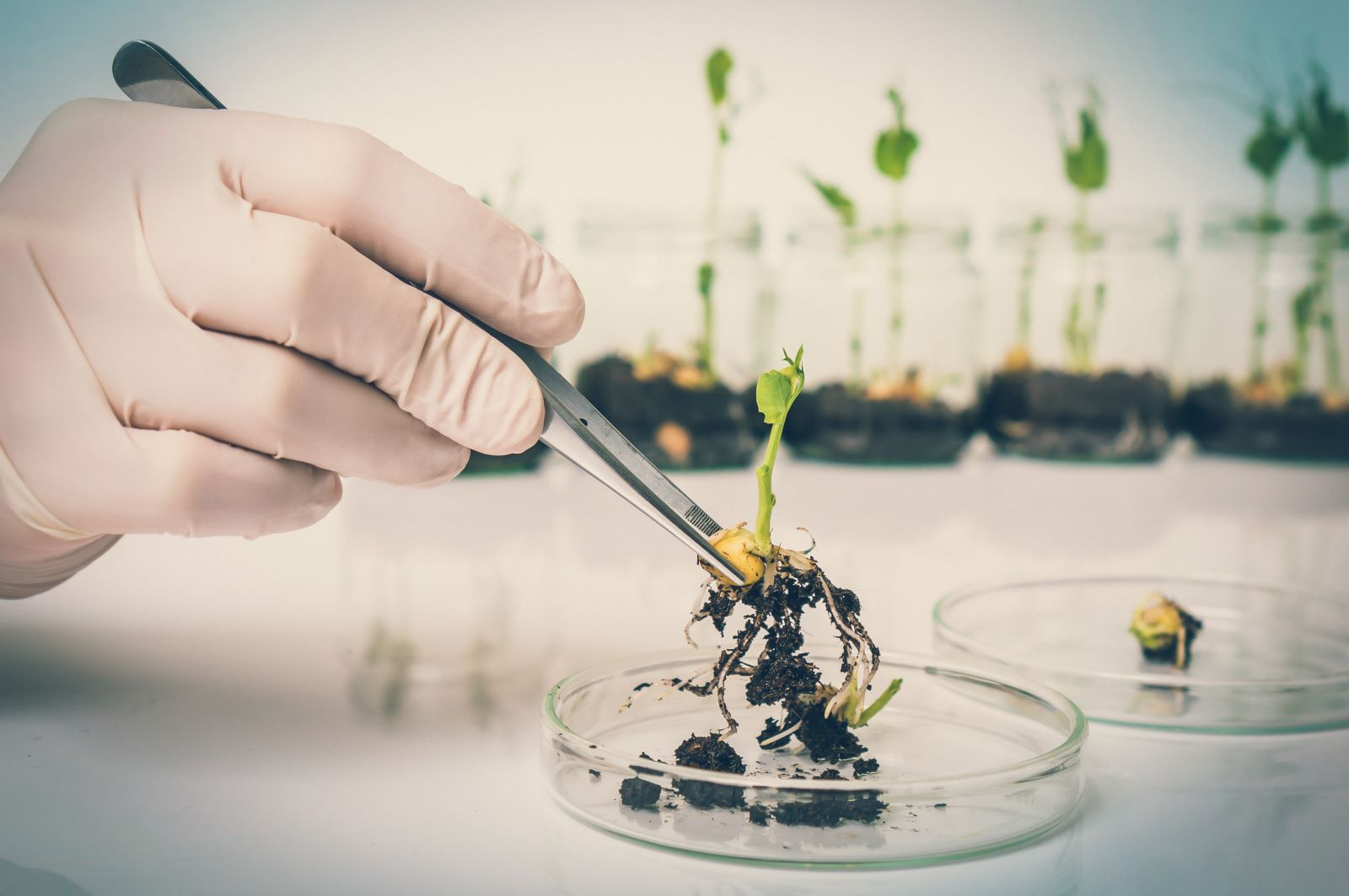
Image Credit: Shutterstock / andriano.cz
Heirloom varieties are praised for their ‘natural’ status, but guess what? They’re also genetically modified through selective cultivation techniques practiced over generations. These plants have been engineered just as much as any GMO crop to enhance flavor, resilience, and growth patterns.
3. The Science Behind GMO Safety
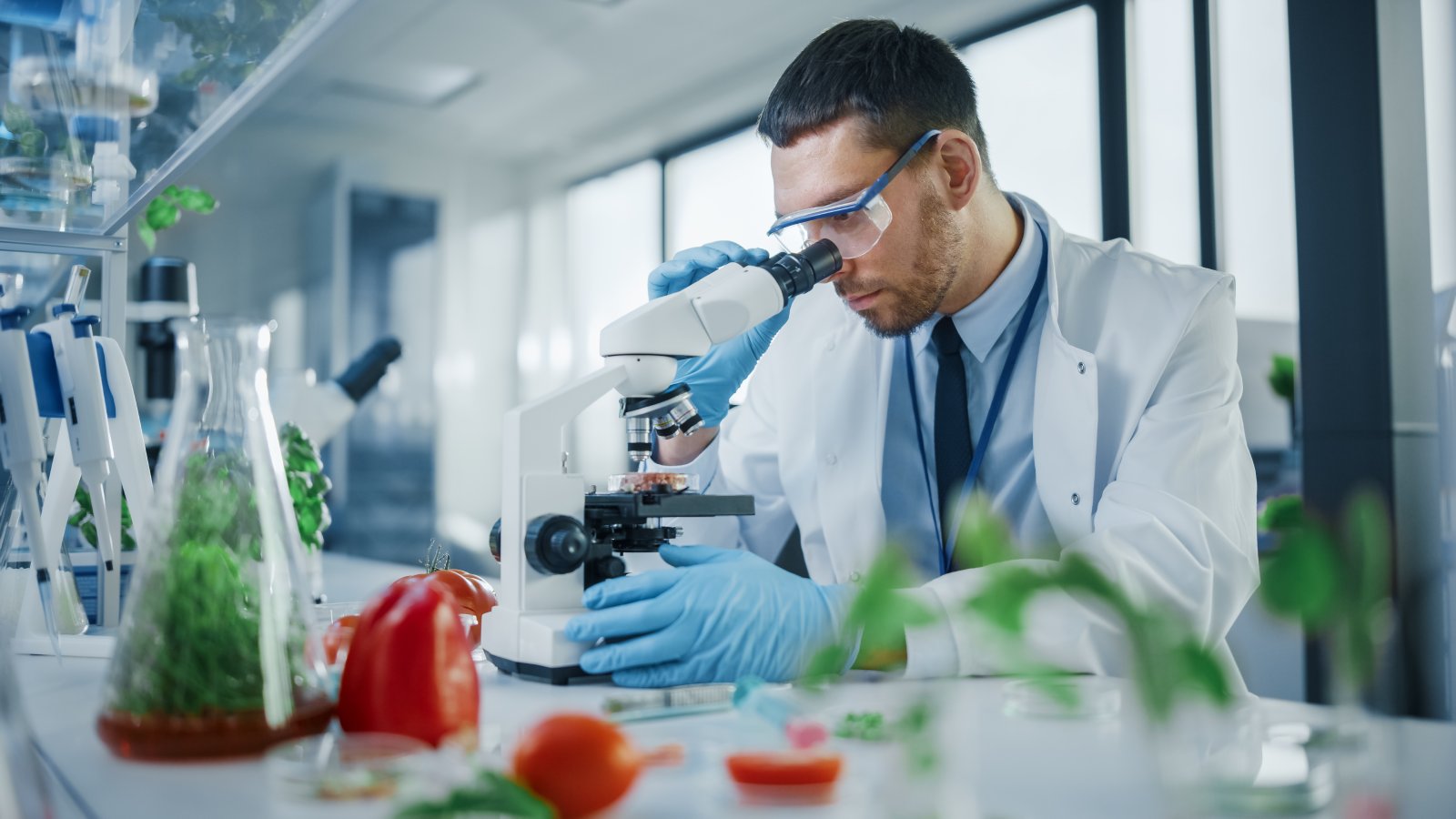
Image Credit: Shutterstock / Gorodenkoff
Extensive scientific research shows that GMO foods are as safe, if not safer, than traditional crops. Studies from reputable organizations like the World Health Organization and the American Medical Association affirm GMOs’ safety and nutritional equivalence to their non-modified counterparts.
4. The Benefits of GMO Crops
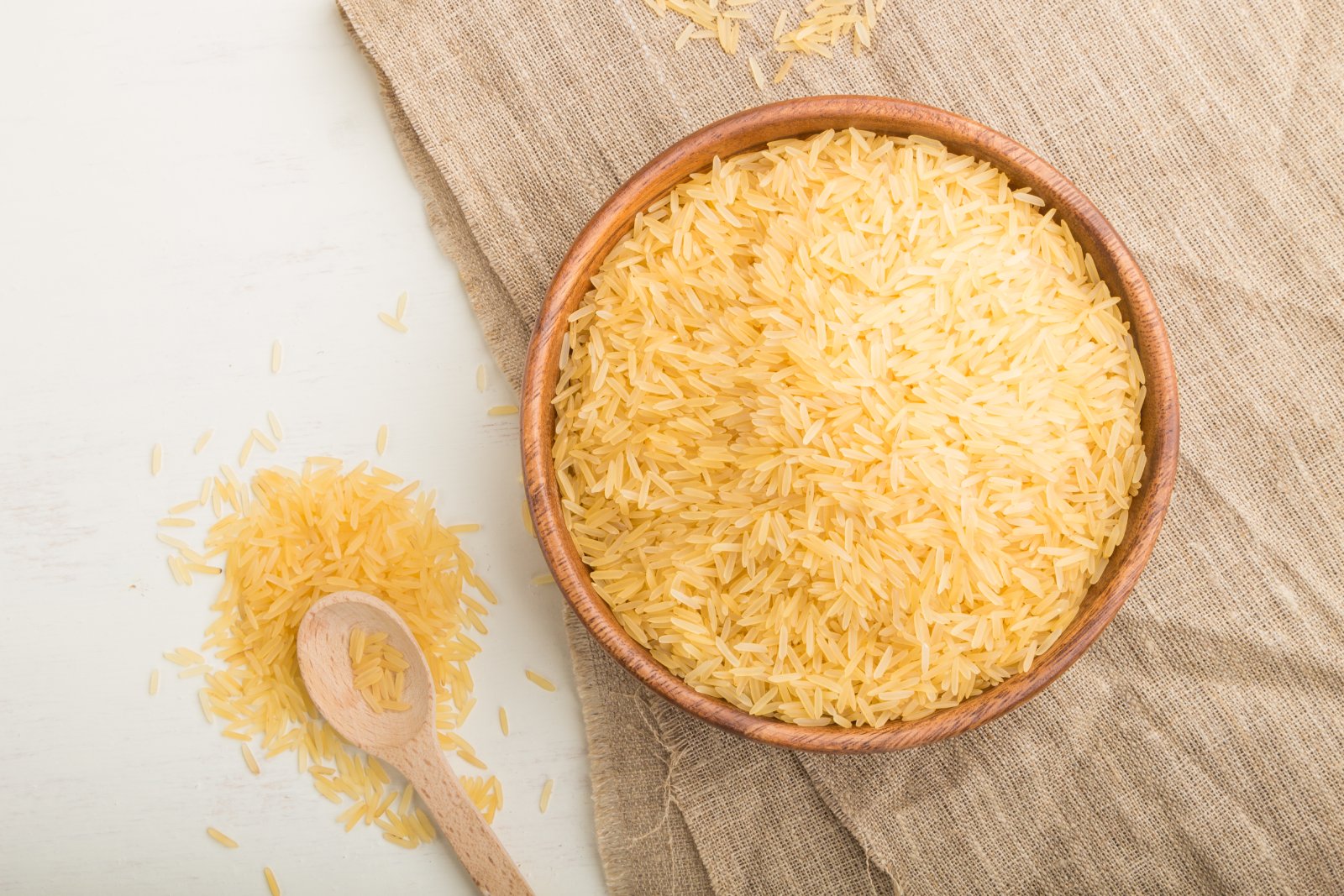
Image Credit: Shutterstock / uladzimir zgurski
GMO crops offer significant benefits, including improved yields, reduced pesticide use, and increased nutritional content. For instance, Golden Rice has been genetically modified to produce beta-carotene, a precursor to vitamin A, addressing vitamin deficiencies in developing countries.
5. Environmental Impact

Image Credit: Shutterstock / Verin
Genetically modified crops can be more environmentally friendly than traditional crops. They often require less water and fewer chemical inputs and can be engineered to better withstand pests and diseases, which minimizes the need for chemical pesticides and herbicides.
6. Economic Sense
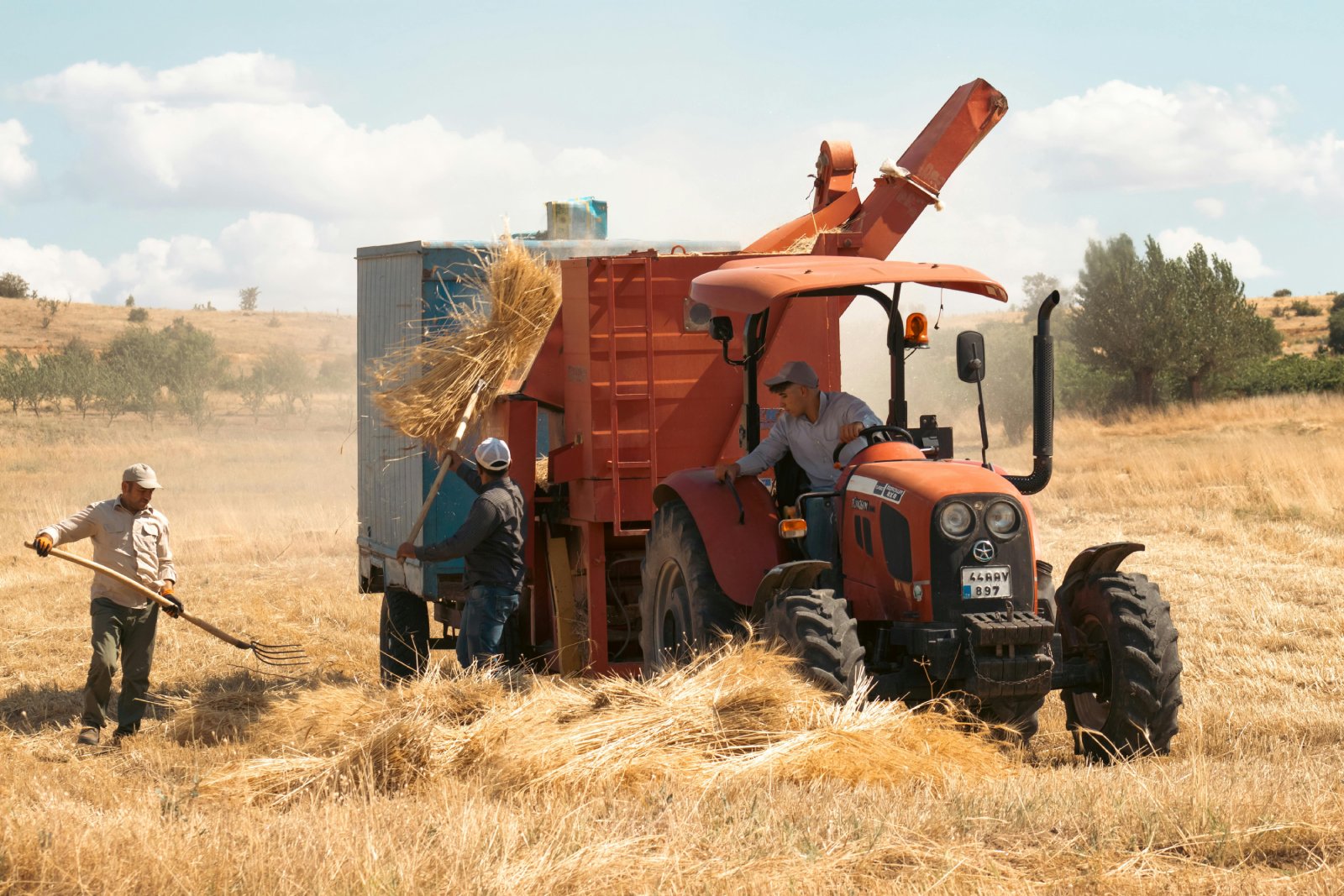
Image Credit: Pexel / Serkan Gönültaş
GMOs can make more economic sense for farmers, especially in developing countries where crop yields and resistance to environmental stresses are crucial for survival. Higher yields translate to better profitability and stability for farmers’ livelihoods.
7. Regulation and Safety

Image Credit: Shutterstock / Pressmaster
The regulation of GMOs is stringent, involving multiple agencies to ensure they are safe for consumption and the environment. This rigorous testing is more extensive than that done for many non-GMO crops.
8. Public Health Benefits

Image Credit: Shutterstock / RossHelen
GMOs can play a key role in improving public health through enhanced nutritional content. Biofortified crops like iron-enriched cassava and protein-enhanced potatoes provide essential nutrients that may be lacking in the diets of people in developing countries.
9. Biodiversity
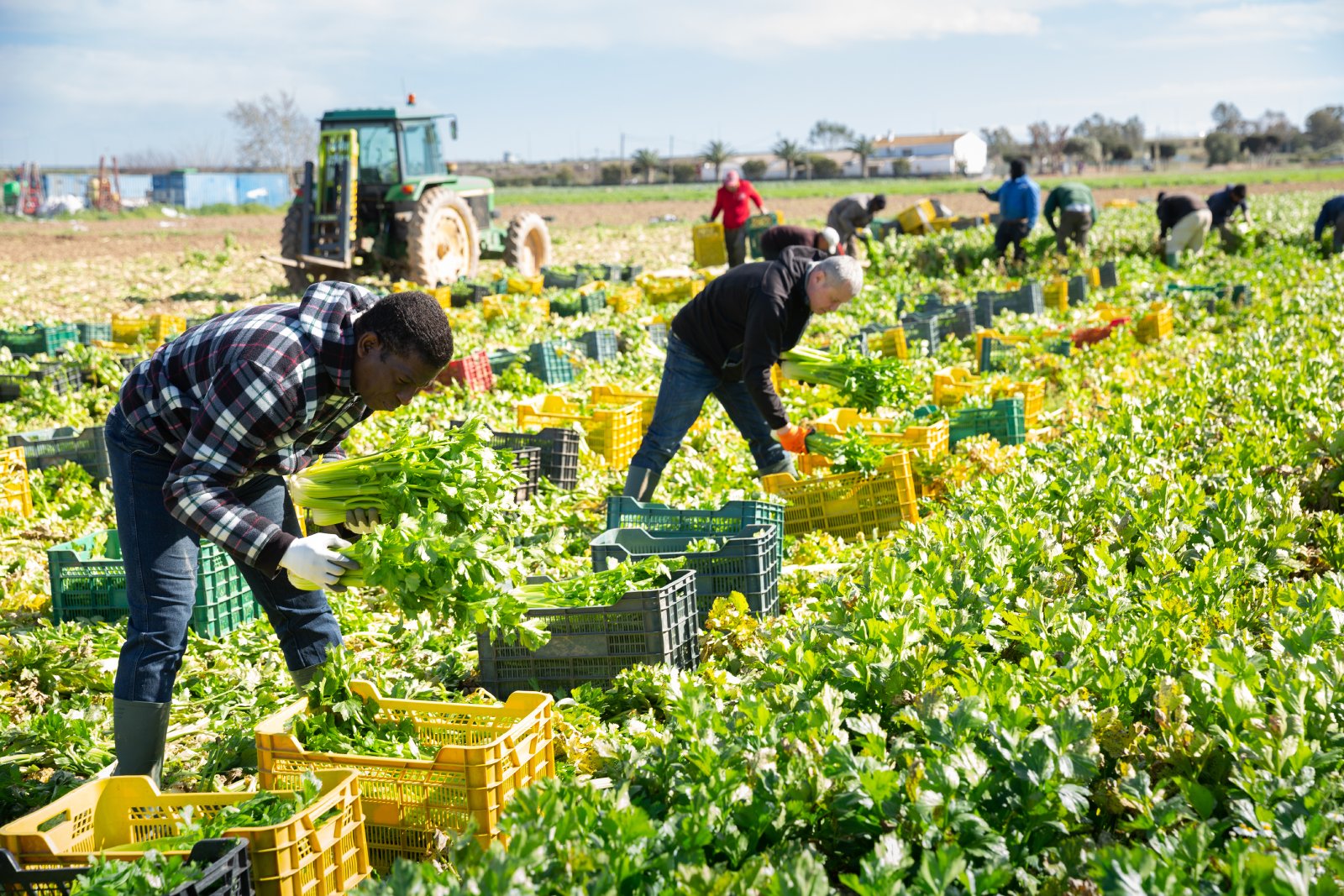
Image Credit: Shutterstock / BearFotos
Contrary to popular belief, GMOs can contribute to increased biodiversity on farms by enabling more crops to be grown in a variety of soils and climates, reducing the need to clear wildland for agriculture.
10. Feeding a Growing Population

Image Credit: Shutterstock / New Africa
With the global population expected to reach nearly 10 billion by 2050, GMOs are crucial in the fight against food insecurity. Their higher productivity and resilience could be essential in feeding the world sustainably.
11. Flawed Consumer Perceptions

Image Credit: Shutterstock / AYA images
The vilification of GMOs often stems from flawed consumer perceptions and misinformation. Public fears are frequently not grounded in scientific fact, but rather in sensationalized media narratives and misleading labeling campaigns.
12. The Hypocrisy of Pet Ownership

Image Credit: Pexels / Yan Krukau
Ever wonder about the genetics of your pet dog or cat? Selective breeding has drastically altered these animals from their wild ancestors for human preferences in behavior and appearance. It’s ironic to accept these changes while condemning the genetic modification of plants that could save lives.
13. Dependency on Outdated Farming Techniques

Image Credit: Shutterstock / Aleksandar Malivuk
Clinging to non-GMO and organic farming methods as inherently ‘better’ can often be a disservice to progress and sustainability in agriculture, tying the industry to less efficient and more resource-intensive practices.
14. Resistance to Innovation

Image Credit: Shutterstock / Pressmaster
The anti-GMO stance often represents a broader resistance to scientific innovation in agriculture, which can hinder advancements in food technology that might solve many of our current environmental and health issues.
15. The Paradox of ‘Natural’ Preferences
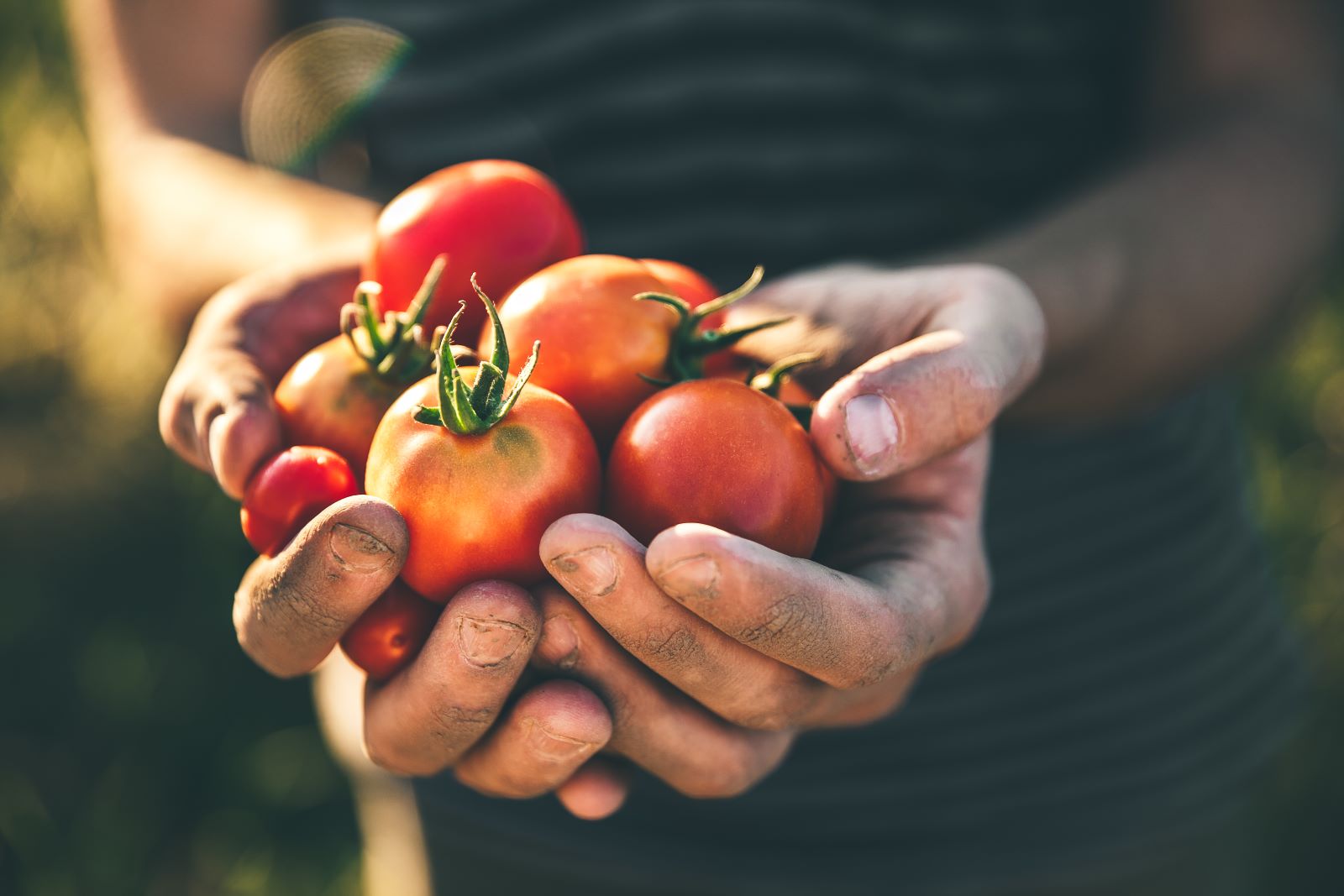
Image Credit: Shutterstock / mongione
The preference for ‘natural’ products disregards that modern agriculture by its nature is a set of technologies designed to optimize plant and animal production. ‘Natural’ is a marketing term, not a scientific one.
16. Legal and Ethical Considerations

Image Credit: Shutterstock / Salivanchuk Semen
Legal battles over GMO labeling and the ethics of biotechnology divert resources from more pressing agricultural and environmental issues, like climate change and soil degradation.
17. Global Trade Implications

Image Credit: Shutterstock / Gorodenkoff
International trade is impacted by varying regulations on GMOs, with some countries embracing the technology and others rejecting it, creating global market discrepancies and conflicts.
18. Misallocation of Resources

Image Credit: Shutterstock / Zamrznuti tonovi
The focus on fighting GMOs often leads to misallocation of resources that could be better spent on more critical issues like improving agricultural practices and technologies.
19. Limiting Consumer Choice

Image Credit: Shutterstock / Rawpixel.com
The non-GMO movement can limit consumer choices by removing scientifically advanced, safe, and nutritious food options from the market based on unfounded fears.
20. Impact on Scientific Education

Image Credit: Shutterstock / ESB Professional
Misunderstandings about GMOs reflect a broader issue of scientific literacy. Improving education on genetic science could help dispel myths and foster informed consumer decisions.
21. Overemphasis on Consumerism

Image Credit: Shutterstock / Vlad1988
The debate often focuses more on consumer choice and less on what is most effective and sustainable for global agricultural practices, neglecting broader environmental and social responsibilities.
Time to Get Real?

Image Credit: Pexel / Jack Sparrow
Are you still clinging to your non-GMO kale smoothies while walking your designer poodle? Isn’t it time to embrace the science of GMOs for a healthier, more sustainable future? How much longer will fear override facts in your food choices?
Featured Image Credit: Shutterstock / NataliAlba.

